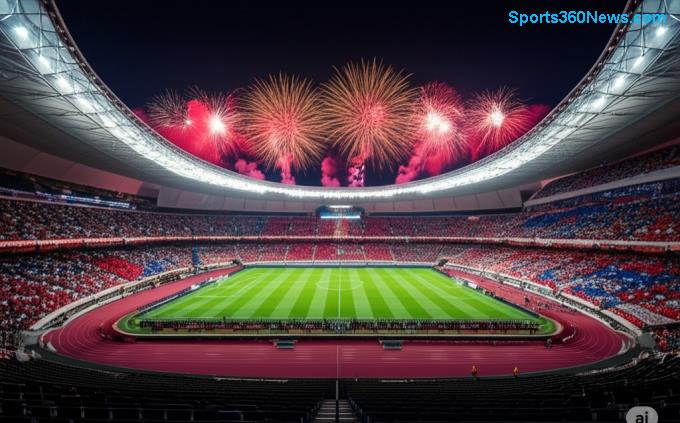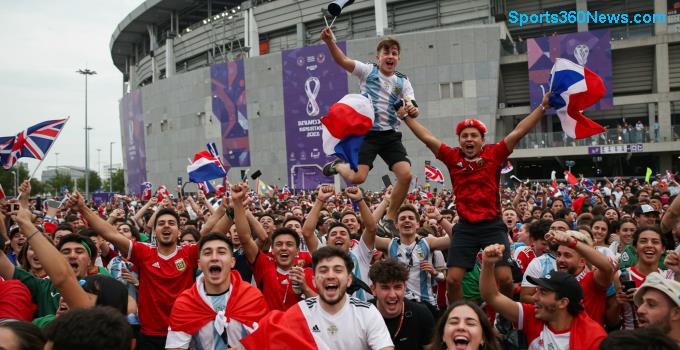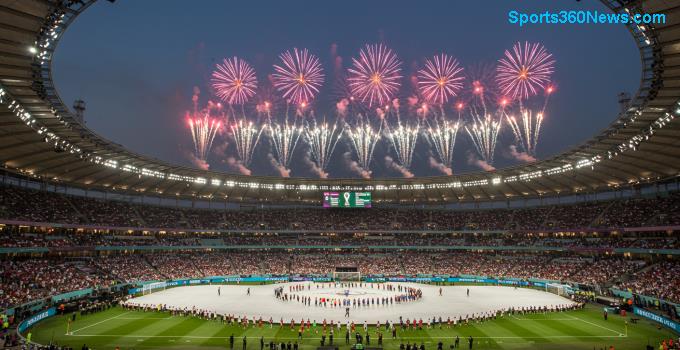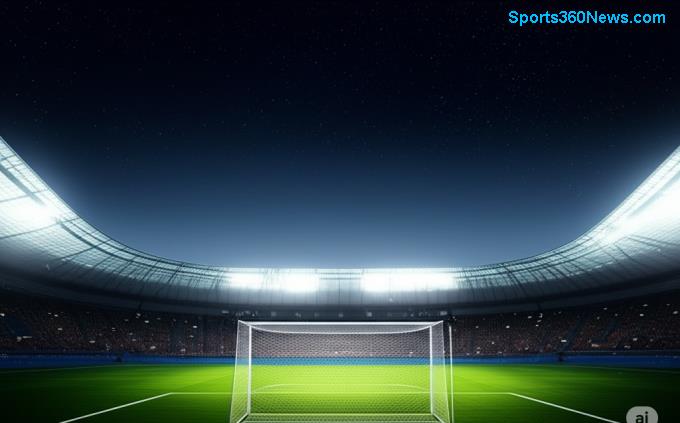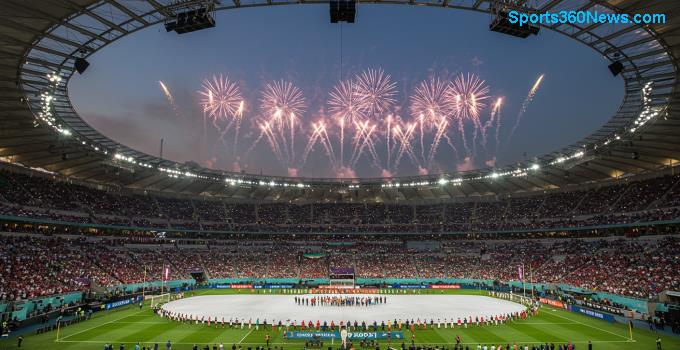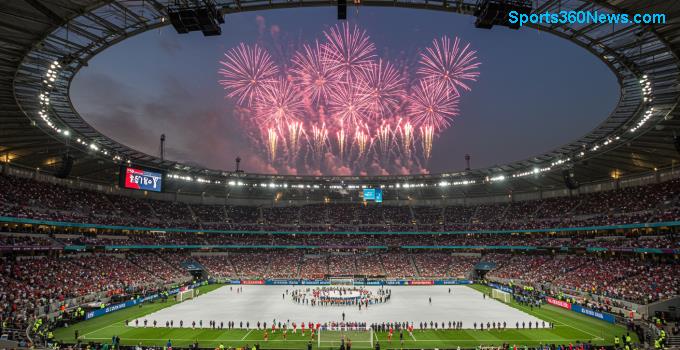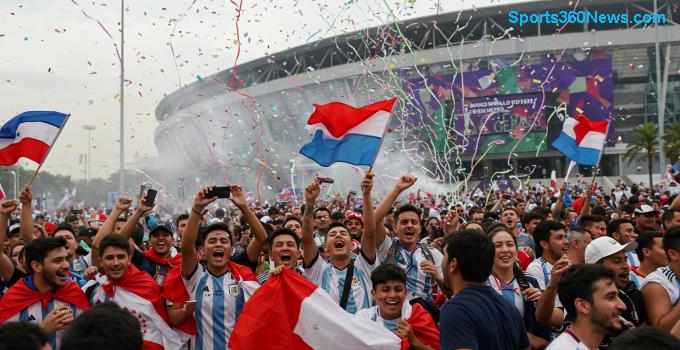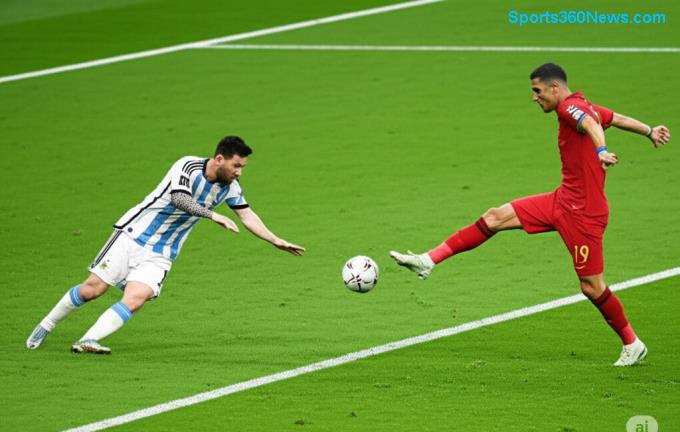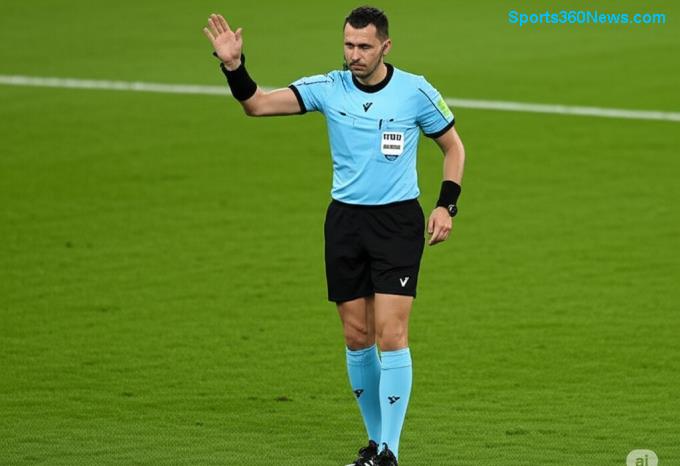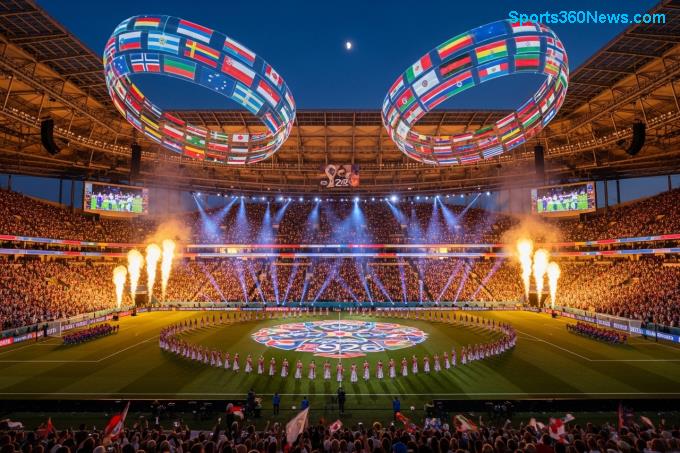The echoes of Argentina's triumphant 2022 FIFA World Cup victory still resonate globally, a moment etched into history largely thanks to the unparalleled brilliance of Lionel Messi. Having finally lifted the most coveted trophy in football, the perennial question now shifts: Will the Argentine maestro return for the 2026 World Cup? This isn't merely a matter of ambition but a complex interplay of age, fitness, team dynamics, and the pursuit of an enduring legacy.
As the football world gazes towards the next global spectacle co-hosted by the USA, Canada, and Mexico, speculation about Messi's future on the international stage intensifies. At 35 during the Qatar triumph, Messi will be approaching his 39th birthday by 2026. For most athletes, this age signals retirement from elite competition, let alone a physically demanding tournament like the World Cup. Yet, Messi has consistently defied conventions.
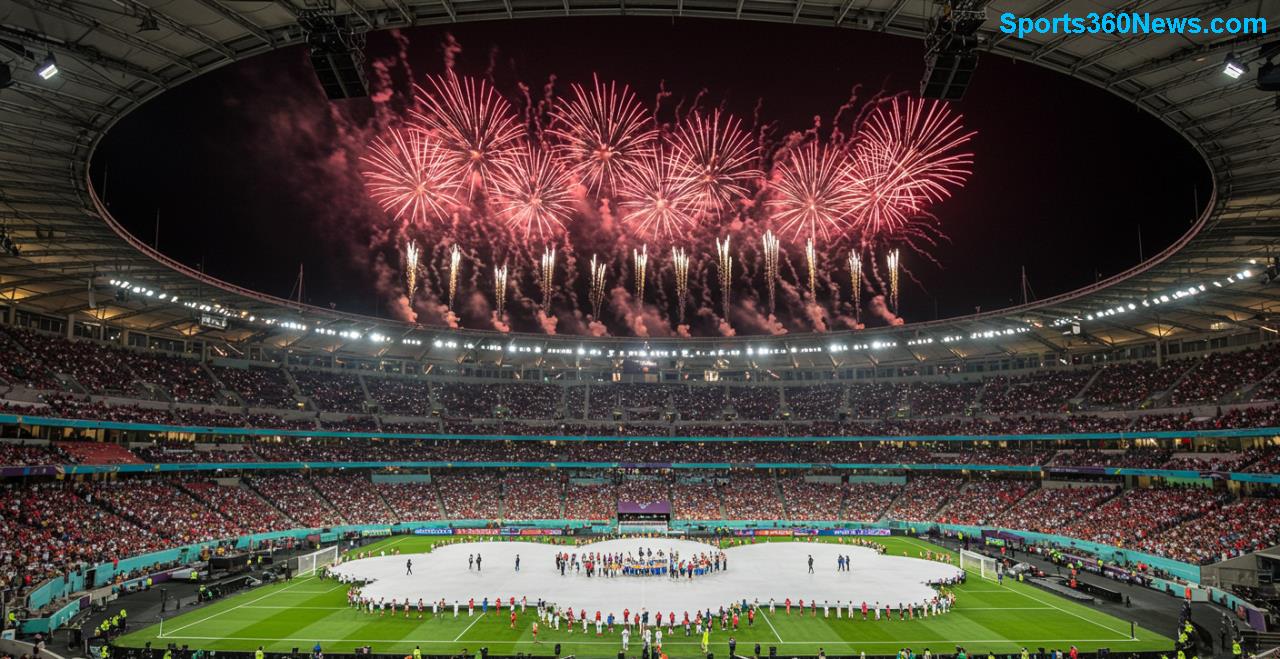
Messi's Evolving Stance: From 'No' to 'Maybe'
Immediately after the 2022 World Cup final, Messi himself cast doubt on his participation in 2026. He stated that it was "unlikely" he would be there, citing his age and the natural progression of time. However, as the euphoria settled and his career continued to evolve with his move to Inter Miami, his tone has softened. More recently, Messi has expressed that he would "see how things go" and that his participation would depend on how he feels physically and mentally closer to the time. This shift suggests the door remains firmly ajar, driven by his unwavering love for the game and the national team.
His current form, even in Major League Soccer (MLS), demonstrates that his footballing IQ and ability to influence games remain exceptional. While the pace of MLS is different from European top-flight football, it allows him to manage his physical output more effectively, potentially extending his playing career at a high level. This strategic career move might inadvertently serve as a crucial factor in his World Cup 2026 decision.
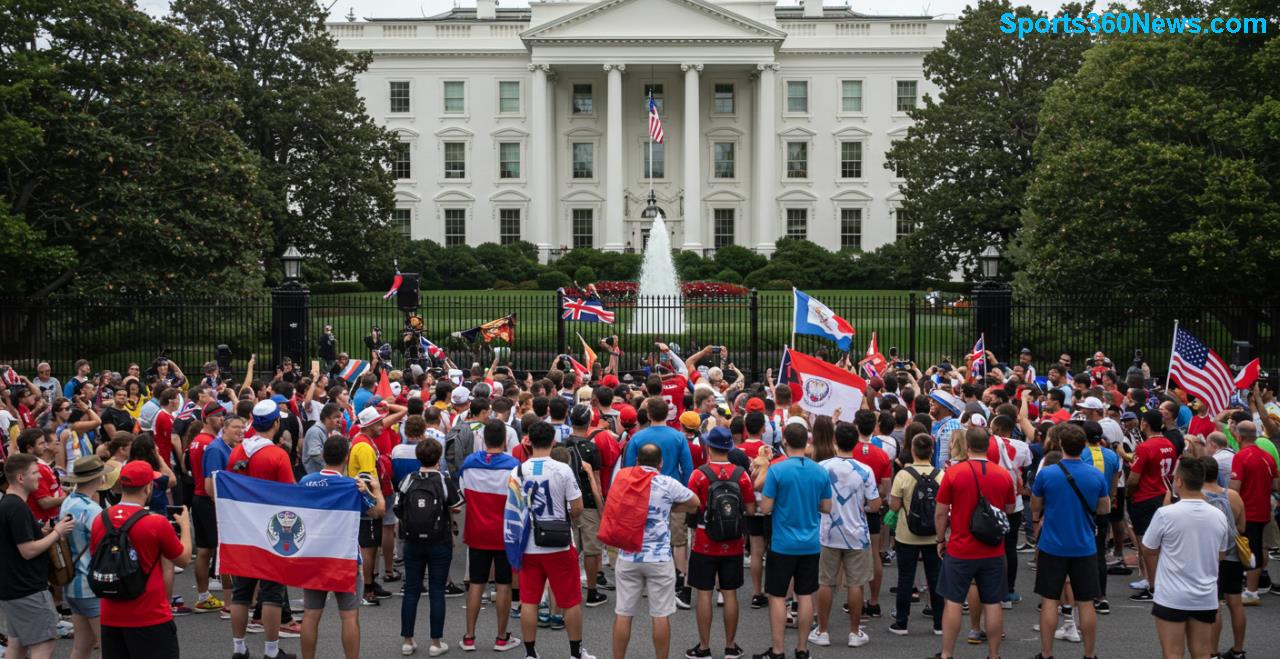
The Allure of the Tri-Nation Tournament and Argentina's New Era
For Lionel Messi, the motivation to return could stem from several sources. Beyond the sheer joy of playing, the prospect of defending a World Cup title is a powerful draw. Furthermore, the 2026 tournament being held across North America offers a unique appeal, especially with a significant Argentine diaspora in the host nations, ensuring immense support. Imagine the spectacle of Messi leading Argentina onto the field in a stadium filled with adoring fans in what could truly be his final swansong.
The Argentina national team, under Lionel Scaloni, has also evolved beyond being a solely Messi-dependent side. Young talents like Enzo Fernández, Julián Álvarez, and Alexis Mac Allister have matured, demonstrating that Argentina possesses a robust core capable of competing at the highest level. This shift could alleviate some of the immense pressure on Messi, allowing him to play a more creative or strategic role rather than bearing the entire team's burden. His presence, even in a reduced capacity, would provide invaluable leadership, experience, and tactical genius.
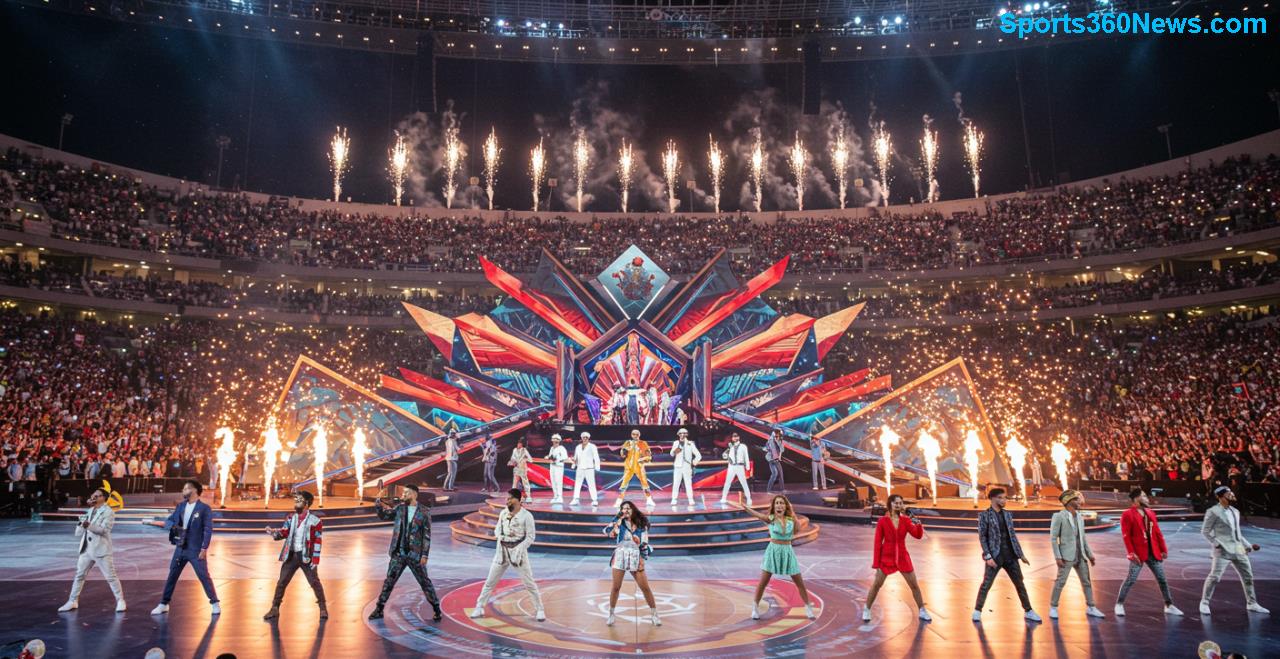
Factors Weighing on the Decision
While the romantic notion of one last dance is compelling, several practical considerations will undoubtedly influence Messi's choice:
- Physical Condition: Can he maintain the elite physical standards required for a World Cup at 39? Avoiding significant injuries in the lead-up will be paramount.
- Mental Fatigue: The relentless pressure and scrutiny of being Lionel Messi are immense. Will he have the mental fortitude for another grueling World Cup campaign?
- Family Life: His family's well-being and his desire to spend more time with them could play a significant role.
- Team Role: Will he be comfortable accepting a potentially diminished role, perhaps coming off the bench or playing fewer minutes, to preserve his energy and impact?
The decision will ultimately hinge on Messi's personal assessment of his body and mind. He has always been a player who prioritizes feeling good and being able to contribute meaningfully. If he believes he can still be an asset to the squad, even if not playing every minute of every game, then his commitment to Argentina remains strong.
The Legacy Question: What More Is There To Prove?
Having won every major trophy imaginable, including the World Cup, the Ballon d'Or multiple times, and countless club honors, Messi's legacy is already cemented as arguably the greatest footballer of all time. He has nothing left to prove. This freedom from pressure could actually liberate him to play purely for the joy of it, or conversely, give him the ultimate reason to step aside and allow a new generation to flourish.
However, the competitive fire that burns within such a legend rarely extinguishes entirely. The opportunity to defend a title, to share the pitch with his national teammates one last time, and to experience the unparalleled atmosphere of a World Cup could be too tempting to resist. His presence alone, regardless of minutes played, elevates the entire tournament and draws immense global attention.
Conclusion: An Anticipated Reveal
As 2026 draws closer, the question of Lionel Messi's World Cup participation will remain a dominant topic in football discourse. While early indications suggested a probable absence, his more recent comments and continued high-level performance suggest that the possibility is far from dead. His decision will be a deeply personal one, balancing the demands of elite sport with the desire to end his illustrious international career on his own terms.
Whether he takes to the field in 2026 or watches from afar, Lionel Messi's impact on football is eternal. The anticipation surrounding his potential return only adds another layer of intrigue to what promises to be a thrilling World Cup. For now, fans around the globe can only wait with bated breath for the greatest showman to reveal his final act. ✨
